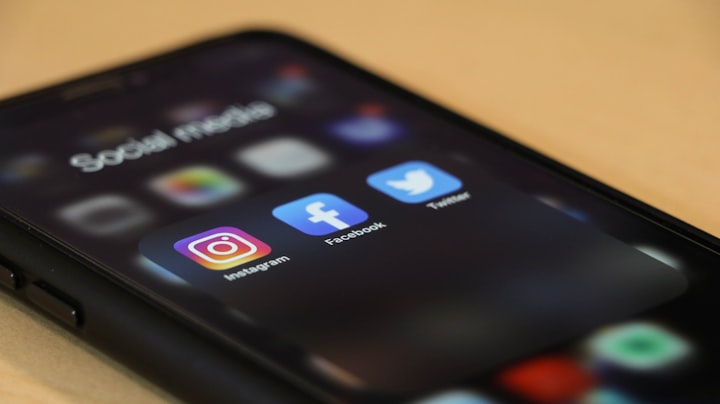The Neurological Impact of Social Media
Unveiling 5 Ways They Affect Our Brains

In today's digital age, the pervasive influence of social media on our daily lives has sparked significant interest and concern regarding its effects on cognitive functions, particularly memory. The rise of heavy social media use has raised questions about how this constant exposure to information impacts memory formation and cognitive performance. Understanding the potential consequences of excessive social media use on memory is essential in navigating the digital landscape effectively. This introduction sets the stage for exploring the intricate relationship between social media usage and memory function, shedding light on the challenges and implications associated with this modern phenomenon.
1. Impact on Attention and Focus: Social media's pervasive presence in daily life creates a constant stream of information that competes for attention. This inundation of content can fragment focus and lead to decreased concentration levels, making it challenging to sustain attention on tasks or activities. The nature of social media platforms, designed for quick consumption and instant feedback, reinforces a culture of immediate gratification. The allure of receiving likes, comments, and shares triggers a release of dopamine in the brain, a neurotransmitter associated with pleasure and reward. This neurological response forms the basis of the addictive nature of social media interactions. The anticipation and reception of positive feedback activate the brain's reward system, creating a cycle where lot of individuals seek out more engagement to replicate the pleasurable sensation.
2. Memory Formation and Cognitive Performance:
The impact of social media on memory has been a subject of recent studies. Research indicates that problematic social media use is correlated with lower memory performance, potentially due to the constant exposure to information that can overload cognitive resources and hinder memory formation[1][2][3][4]. Excessive social media use may lead to cognitive effects like "digital amnesia," where reliance on digital devices for information storage reduces active encoding and recall processes, affecting memory networks[2][4]. Furthermore, heavy social media use has been associated with memory deficits, especially in transactive memory, altering which memories individuals retain their brains[4].
3. Brain Structure Changes:
Intensive interactions with social media have been linked to gray-matter alterations in brain areas associated with addictive behavior. This suggests that prolonged social media use may impact the brain's structure and function, potentially leading to addictive tendencies.
4. Mental Health Implications:
Research indicates a rise in mental health issues, particularly among young individuals, with high rates of persistent sadness, hopelessness, and suicidal thoughts linked to the pressure of presenting a perfect image on social media platforms. This highlights the significant impact of social media on mental well-being.
5. Association with Mental Distress:
While not establishing direct causation, studies show a strong association between social media use and mental distress, especially among teenagers. The pressure to maintain a curated online image and the constant comparison with others can contribute to feelings of inadequacy and negatively impact mental health.
In conclusion, the impact of heavy social media use on memory and cognitive function is a complex and evolving area of study. Research suggests that excessive engagement with social media platforms can hinder memory formation, overload cognitive resources, and affect overall cognitive performance. Understanding the potential consequences of prolonged social media exposure on memory is crucial in today's digital age. It is essential for individuals to be mindful of their online habits, practice moderation, and engage in activities that promote memory retention and cognitive well-being. By recognizing the effects of social media on memory and taking proactive steps to balance online interactions with offline activities, individuals can navigate the digital landscape more effectively and safeguard their cognitive health in the long term.
Citations:
[1] https://head-face-med.biomedcentral.com/articles/10.1186/s13005-021-00260-8
[2] https://reputationtoday.in/social-media-and-its-impact-on-memory/
[3] https://psnlab.princeton.edu/document/281
[4] https://neurogrow.com/what-social-media-does-to-your-brain/
[5] https://www.ncbi.nlm.nih.gov/pmc/articles/PMC8772695/





Comments
There are no comments for this story
Be the first to respond and start the conversation.